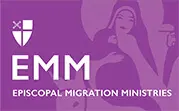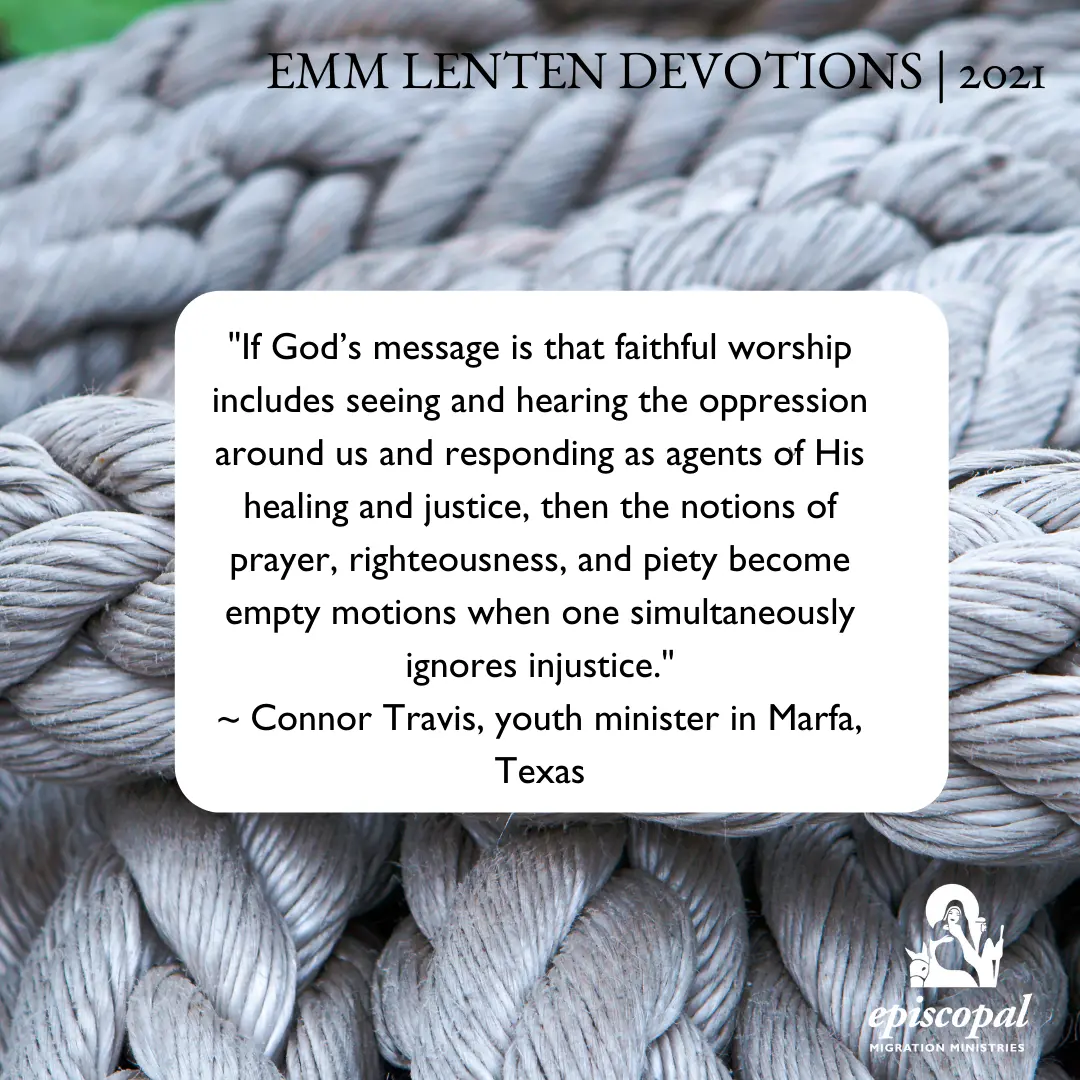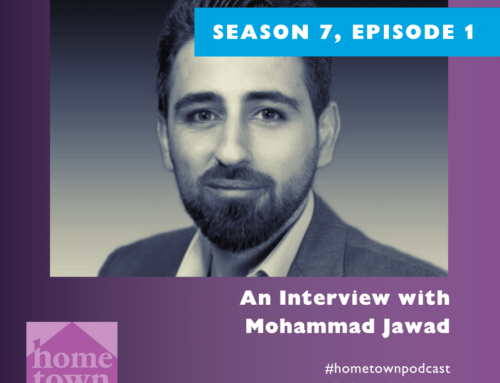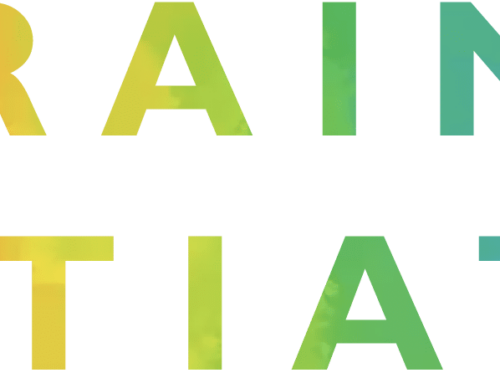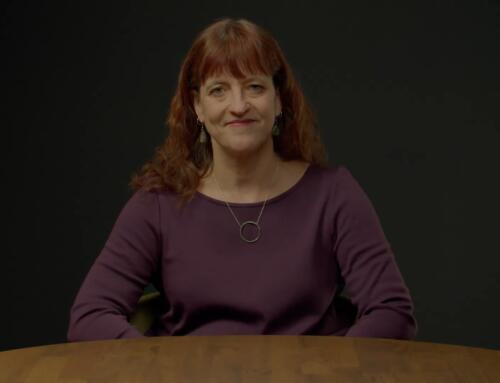Isaiah 58:6
Is not this the fast that I choose…
to break every yoke?
Reflection by Connor Travis
When we fast – or perhaps more simply, when we pray – do we position ourselves to be seen and heard or to see and hear?
In Isaiah chapter 58 the prophet proclaims that God is more present in the latter than the former. The chosen imagery is intentionally vivid. We can see and picture those chains, cords, and yokes that must be loosed, untied, and broken on account of oppression and injustice. Yet we also know the sounds that accompany the objects of these images: the clanking chime of chains, the taut tightening of knots, and the yearning moan of a yoked mule. To the Judahite people in the 700’s B.C., these were the poetic images and sounds that expressed their reality of social and economic injustice, a corrupt ruling class, and the consequences of misdirected piety. If God’s message is that faithful worship includes seeing and hearing the oppression around us and responding as agents of His healing and justice, then the notions of prayer, righteousness, and piety become empty motions when one simultaneously ignores injustice. In this passage God’s heart for His people is made clear when it reads,
“If you do away with the yoke of oppression, with the pointing finger and malicious talk, and if you spend yourselves in behalf of the hungry and satisfy the needs of the oppressed, then your light will rise in the darkness, and your night will become like the noonday… You will be like a well-watered garden, like a spring whose waters never fail. Your people will rebuild the ancient ruins and will raise up the age-old foundations; you will be called Repairer of Broken Walls, Restorer of Streets with Dwellings (NIV).”
Here God invites us to desire and pursue the hopeful vision of the future that He casts: one of harmony after the anguishes of violence and injustice.
Questions for reflection:
- What are the chains, cords and yokes of oppression and injustice around you today?
- What do they look like? What do they sound like? Who/What groups are most affected by it?
- What might an asylum seeker learn about God’s heart for them by reading this passage? A DACA recipient? The homeless, poor, or displaced?
- How did Jesus Christ see and hear the oppression and injustices around Him? How did He act toward those who suffer under the weight of such things?
- How might God desire the Church to be a “Repairer of Broken Walls” and “Restorer of Streets for Dwellers?”
***
Connor Travis is a youth minister living in the west Texas town of Marfa, Texas. In partnership with the Diocese of the Rio Grande, he and various volunteers walk alongside high school students residing along the US/Mexico border and provide each with an opportunity to be introduced to Jesus Christ and grow in their faith.
Listen to an episode of EMM’s Hometown podcast:
Back in September 2020, we released a Hometown podcast episode featuring an interview with Jessica Goudeau, author of After the Last Border, a powerful book that weaves together history and contemporary personal narratives of two refugee women. We encourage you to listen to the podcast and request our Book Discussion Kit on After the Last Border.
